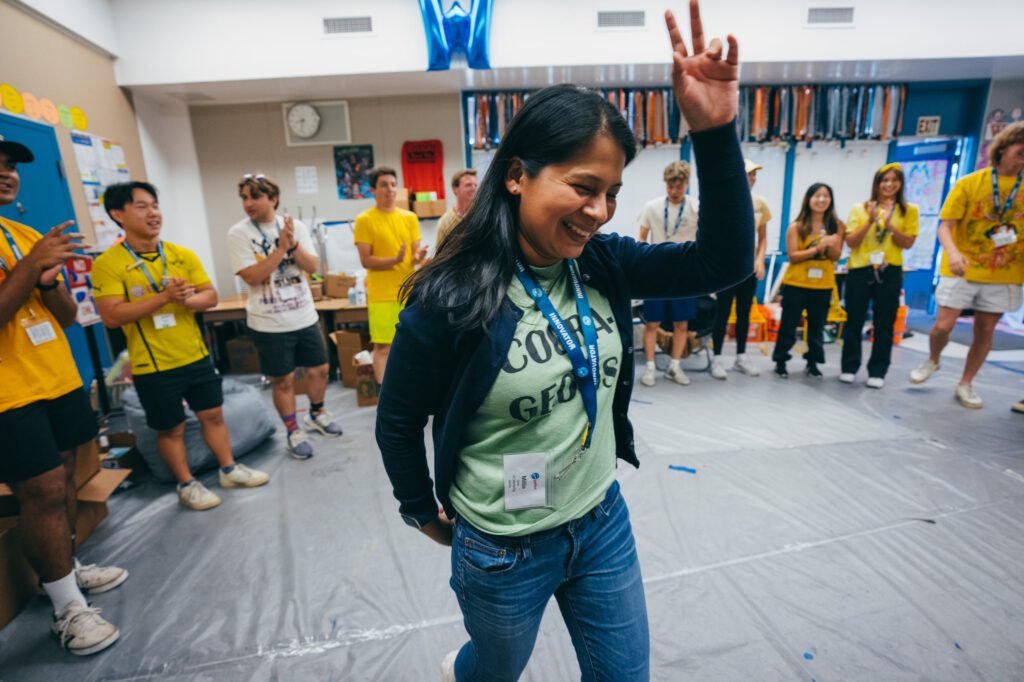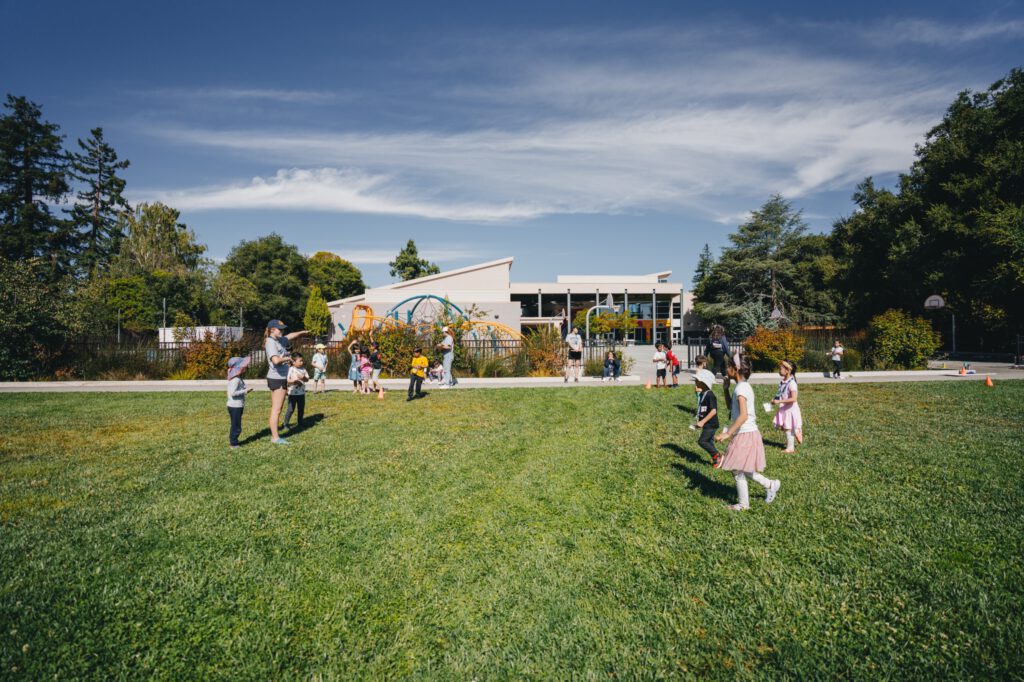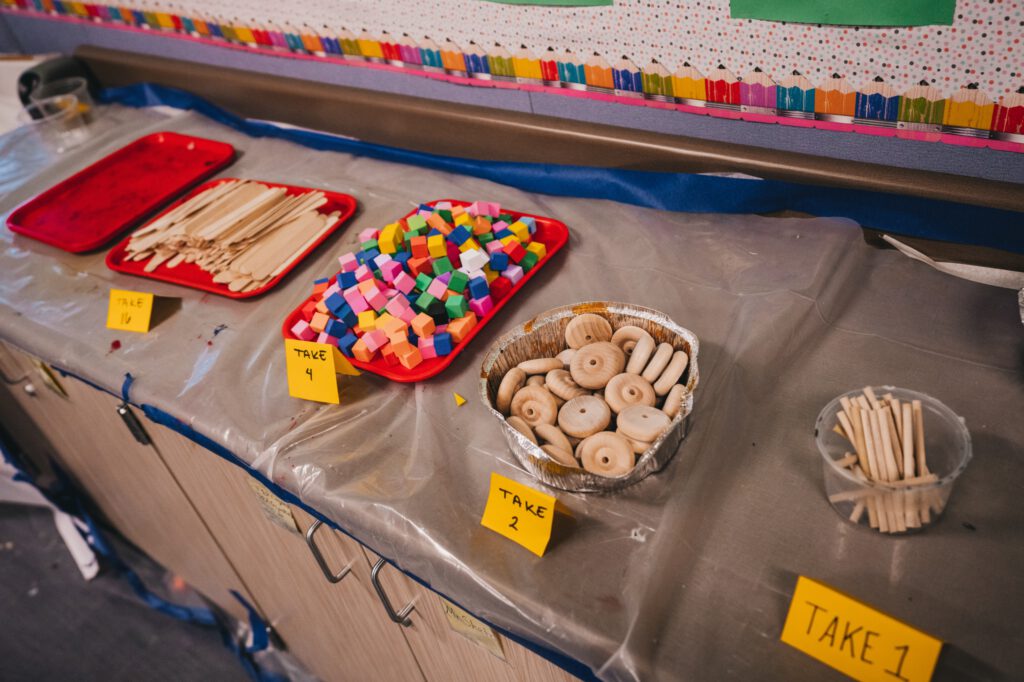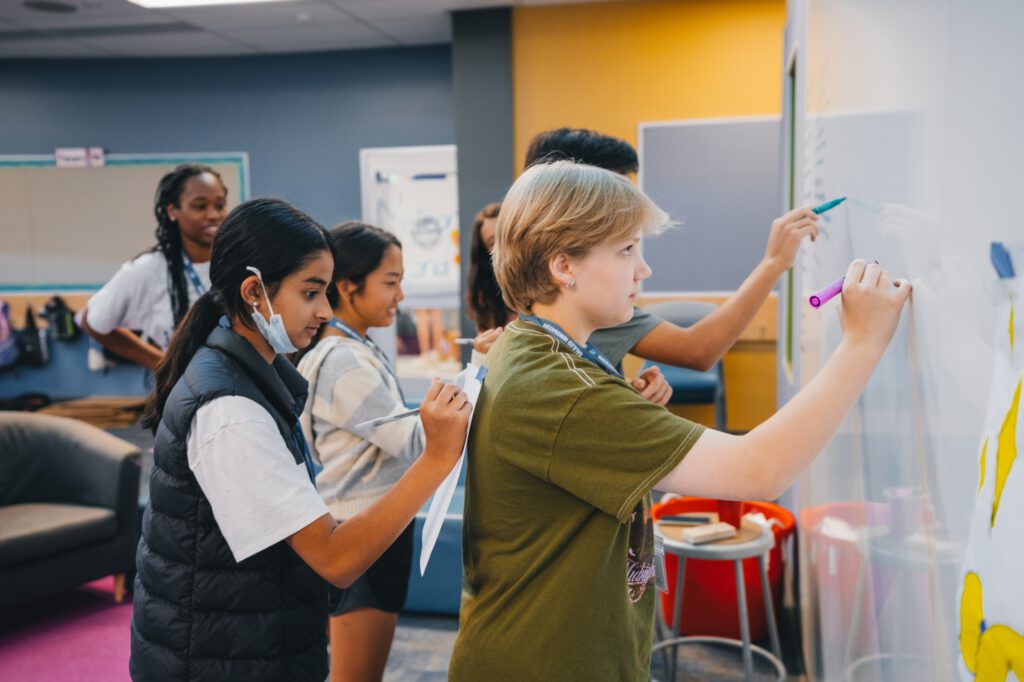Kids go to camp to have fun. Parents, however, are necessarily going to have additional considerations, including safe and supervised physical activity, experiences in nature and unplugged adventures that challenge kids to stretch their skills and grow their competencies. It should be an enriching experience that creates wonderful memories.
When kids come home from camp, they are likely exhausted. They may kick off their shoes and head for the nearest sofa, often grabbing their favorite digital device on the way. Communication may be limited to one-word replies or grunts, and feedback may be difficult to extract. So how does a diligent parent accurately evaluate their kids’ summer camp experience, and how do you know if it was worth it?
Elements to Consider When Evaluating a Summer Camp Experience
Summer camp is an investment; the time and money spent represent a significant commitment for kids and their parents. When evaluating a summer camp experience, it is important to consider the camper’s satisfaction with their experience as well as the parent’s perspective. The American Camp Association (ACA) published a large-scale research study on camper outcomes with data collected from 5000 families with kids 8-14 years of age. They surveyed campers and their parents before camp, immediately after and then again six months later. Here are some factors to consider:
- Camp facility: Was it clean, safe and well-maintained? Was it in a convenient location? Some camps connect kids to nature with access to water sports; others occur in a more urban setting. Ideally, summer camp facilities include plenty of safe space for outdoor play in the sun and shady or indoor areas to cool off.
- Camper engagement: Did kids have fun? Were they engaged physically, socially and recreationally? Camp should, first and foremost, be fun. It should be a positive experience that kids are excited to repeat next year. If not, perhaps it was not the right fit for them. With the fun should come personal growth as kids try new things and experience challenges. The ACA report indicates 74% of kids report trying something new at camp that they were initially afraid to do.
- Socialization: Were kids able to make new friends? Meeting new friends is an almost universal favorite memory of camp. ACA data reveals that 96% of kids reported making new friends at camp, with 94% reporting camp helped them get to know other campers who were different than themselves. Camp quickly becomes a community where each camper is a valued member. This presents an excellent chance to exercise social skills as kids get involved in active play and have opportunities to make connections with other campers.
- Staff: Were they welcoming and responsive to concerns? Did staff members display an enthusiastic outlook and encourage all campers to set the stage for a positive summer camp experience? Often, the best camps count professional educators among their summer staff.
- Learning potential: Were activities developmentally appropriate, focused on the whole child and differentiated for various ability levels? An athletic camp, for example, should match campers’ level of fitness and expertise. An educational camp ideally offers an entry point for new learners, as well as enrichment activities and projects for quick and experienced learners. At the end of the day and certainly by the end of the session, kids should be able to recognize new achievements and celebrate their accomplishments.
- Extras: Were there extra factors that added value? These could be logistical, like before and after care or transportation to and from camp. But they could also be philosophical like a religious camp that reinforces spiritual values or an environmental focus that gets kids involved in conservation activities.
Additional Benefits of Summer Camp
Some camps have extra features that make the experience worth the investment. For many kids, attendance at camp helps them develop independence and self-regulatory skills, including time management, organization and motivation. Leadership skills as well, though hard to quantify, are often exercised at camp. The ACA report revealed an increase in leadership skills reported by both campers and parents immediately after camp and again six months later, with kids exhibiting leadership at home, at school and in the community.
An Educational Camp Experience
Camp Galileo and Galileo Summer Quest strive to provide worthwhile camp experiences for kids entering pre-K through eighth grade. For elementary kids, Camp G offers four exciting themes to engage and excite them. GSQ has eleven high-interest majors to entice middle school kids to learn skills, including cooking, robotics, carpentry, mobile game design, YouTube production and more. Each camp session is steeped in the Galileo Innovation Approach®, with the mission of developing innovators who envision and are capable of creating a better world. Besides the skills cultivated through real-world projects, campers learn to view failed attempts and mistakes as necessary steps in the learning process.
Summer Fun and Something More
Kids go to summer camp seeking fun and friendship when school is out. Parents share this goal, but also desire additional features, including fresh air recreation and opportunities to learn and grow outside of the normal school year. The American Camp Association study found that the campers and parents surveyed cited positive identity and social skills as the big takeaways from their summer camp experience. These domains remained prominent when families were questioned six months after camp sessions ended. So though kids’ immediate feedback on their camp experience is important, some benefits are evident long after the adventures have finished, and it’s important to continue the conversation about camp with kids even after the summer has ended.
To find an exceptional summer camp experience in your area: San Francisco, Southern California, Colorado, Washington, and Chicagoland. Sign up for our mailing list to keep up to date on our camp happenings and innovation resources. Or, you can register for camp today.
Located in Washington? Be sure to check out our summer camps in the Greater Seattle Aea including Bellevue, Seattle, and Burien.





